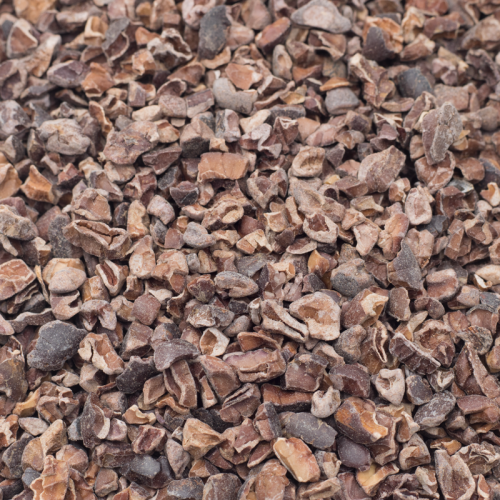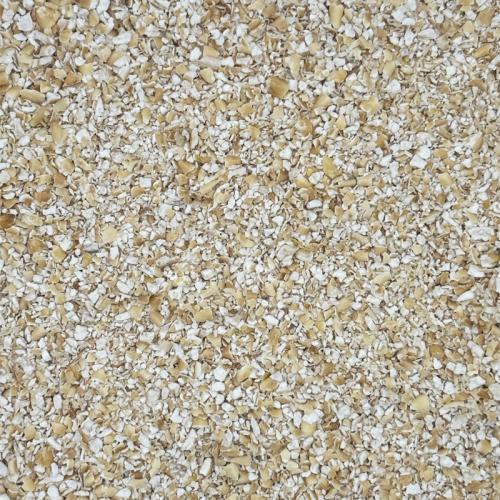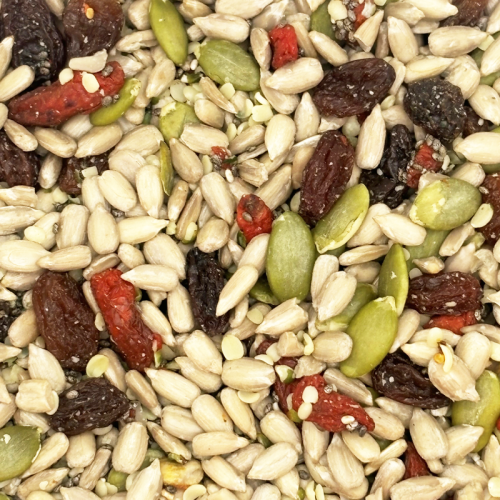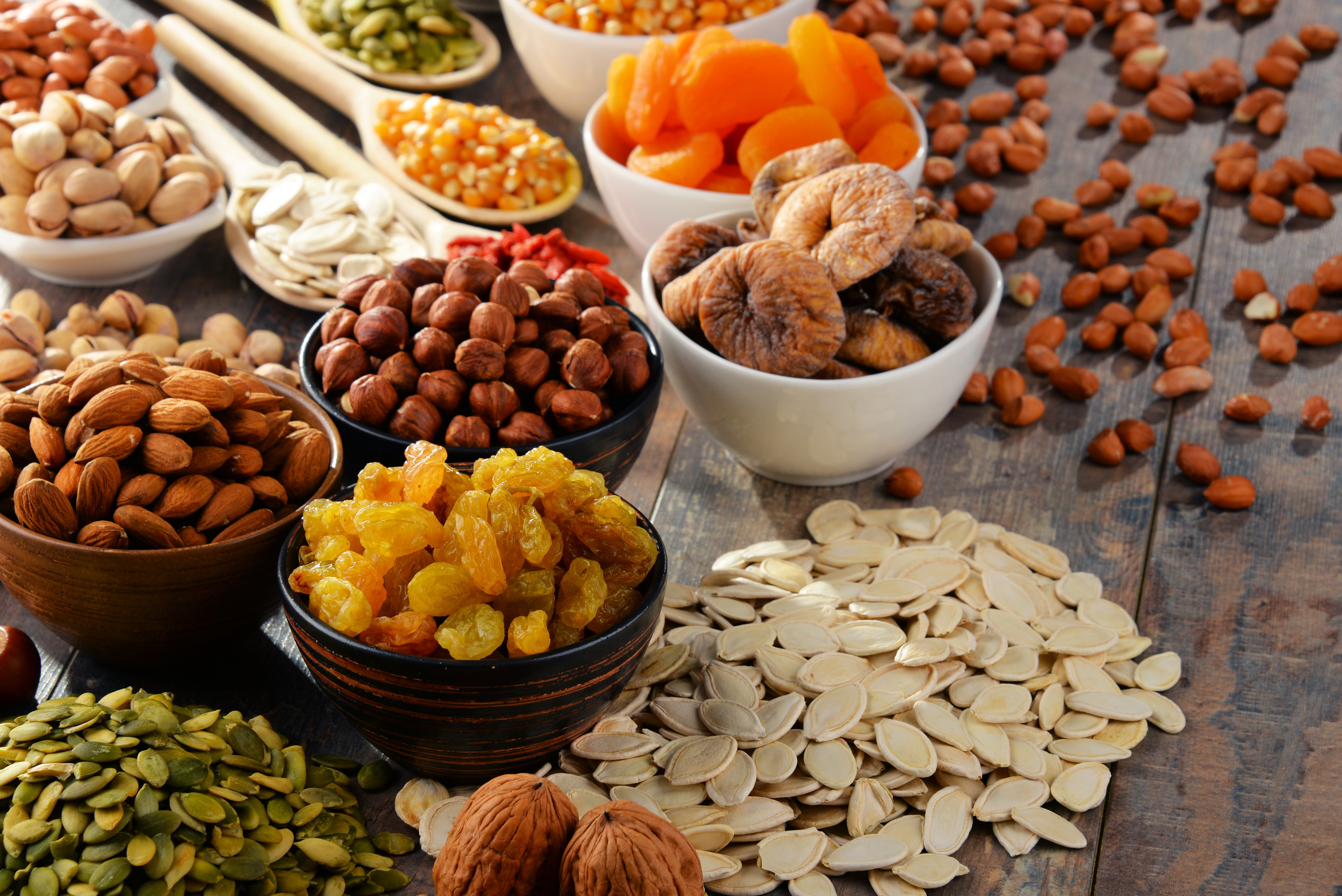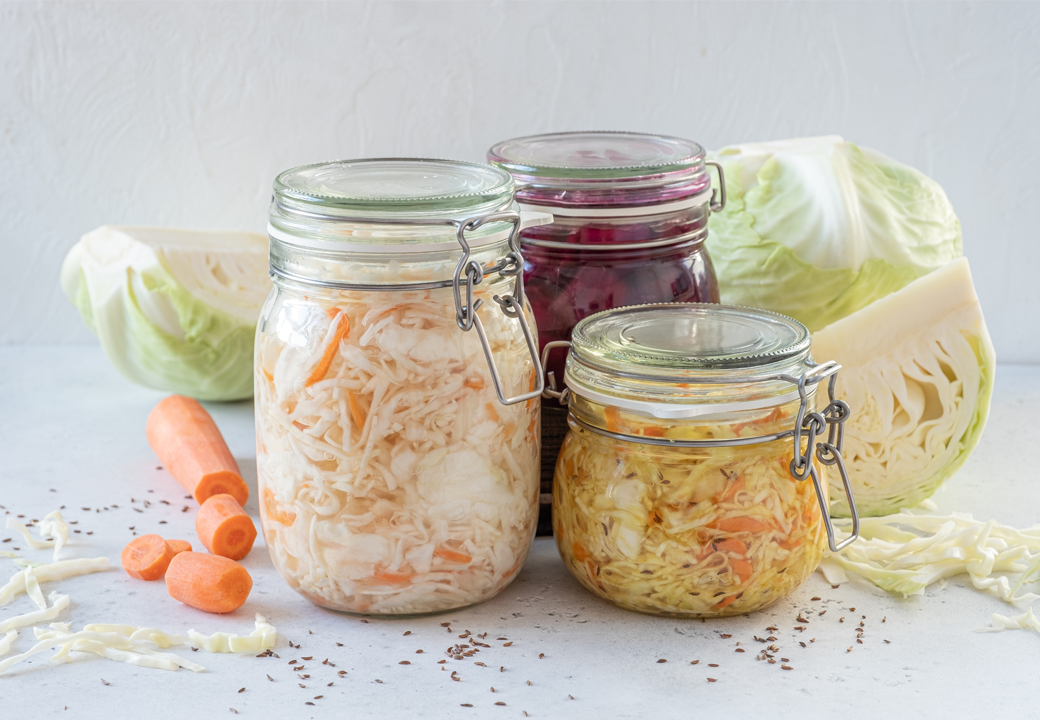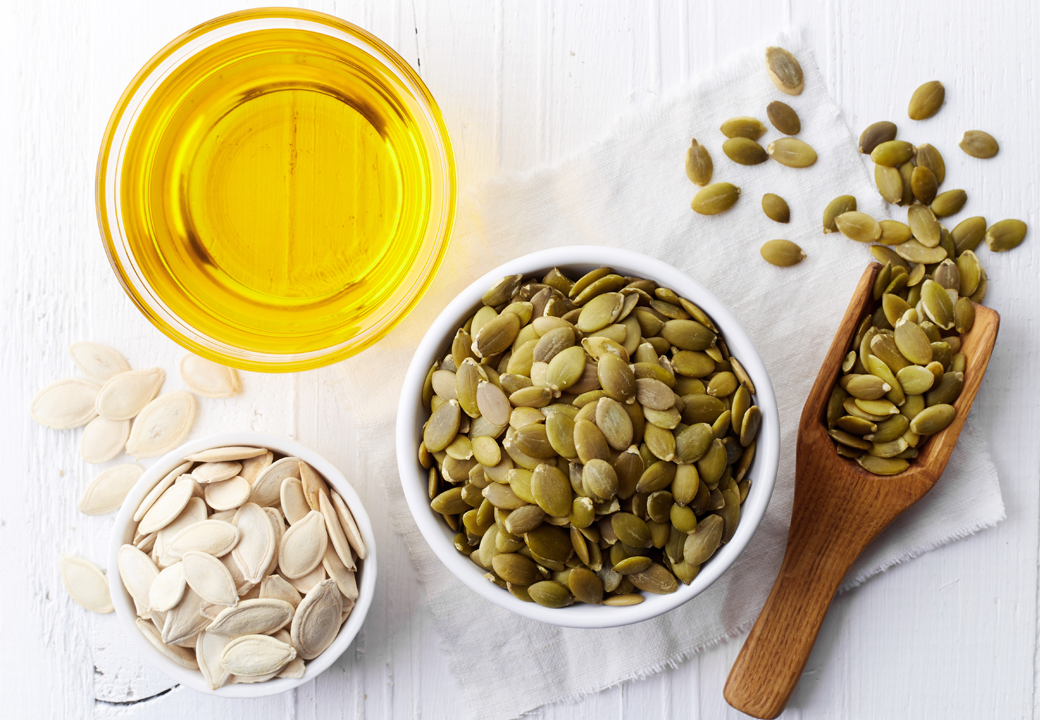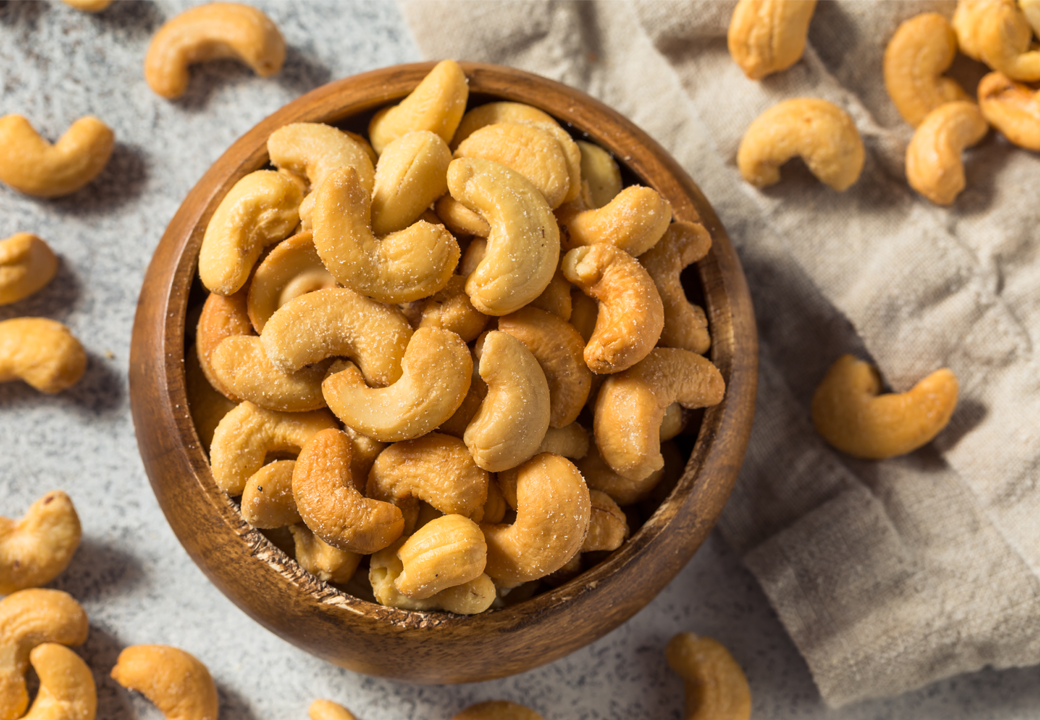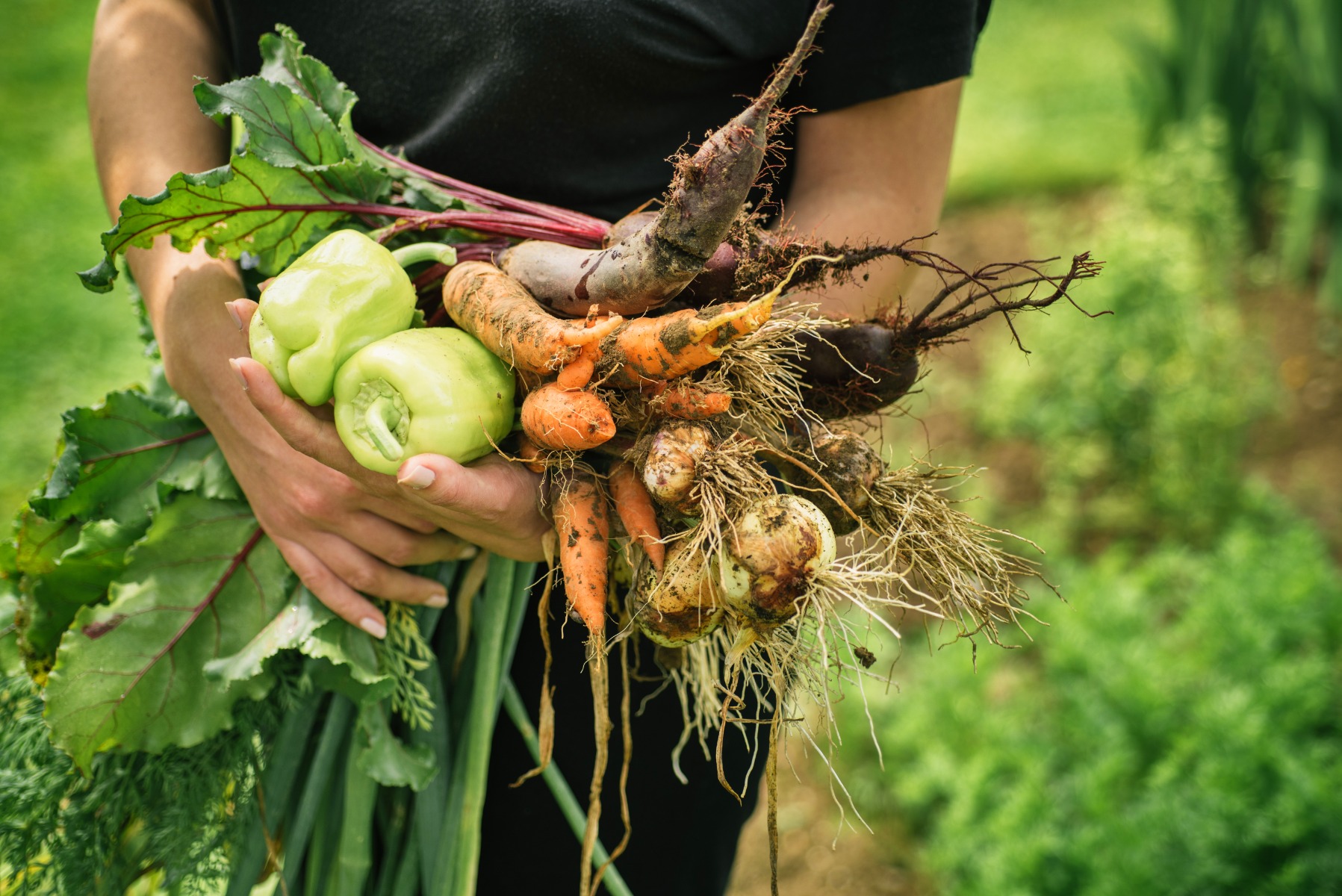

Photo Credit: "© [Viktor Pravdica] / Adobe Stock
“Organic” - a word you’ve probably come across time and time again. But exactly how organic is organic food? In this article, we’re delving into what organic means and how to spot whether a product is truly what it claims. Read on to find out more.
What does organic mean?
Organic means a food or product that’s produced using specific procedures and practices. Some of these include avoiding certain pesticides and herbicides, maintaining soil quality, and non-GMO.
The difference between organic as a buzzword and an organic certification
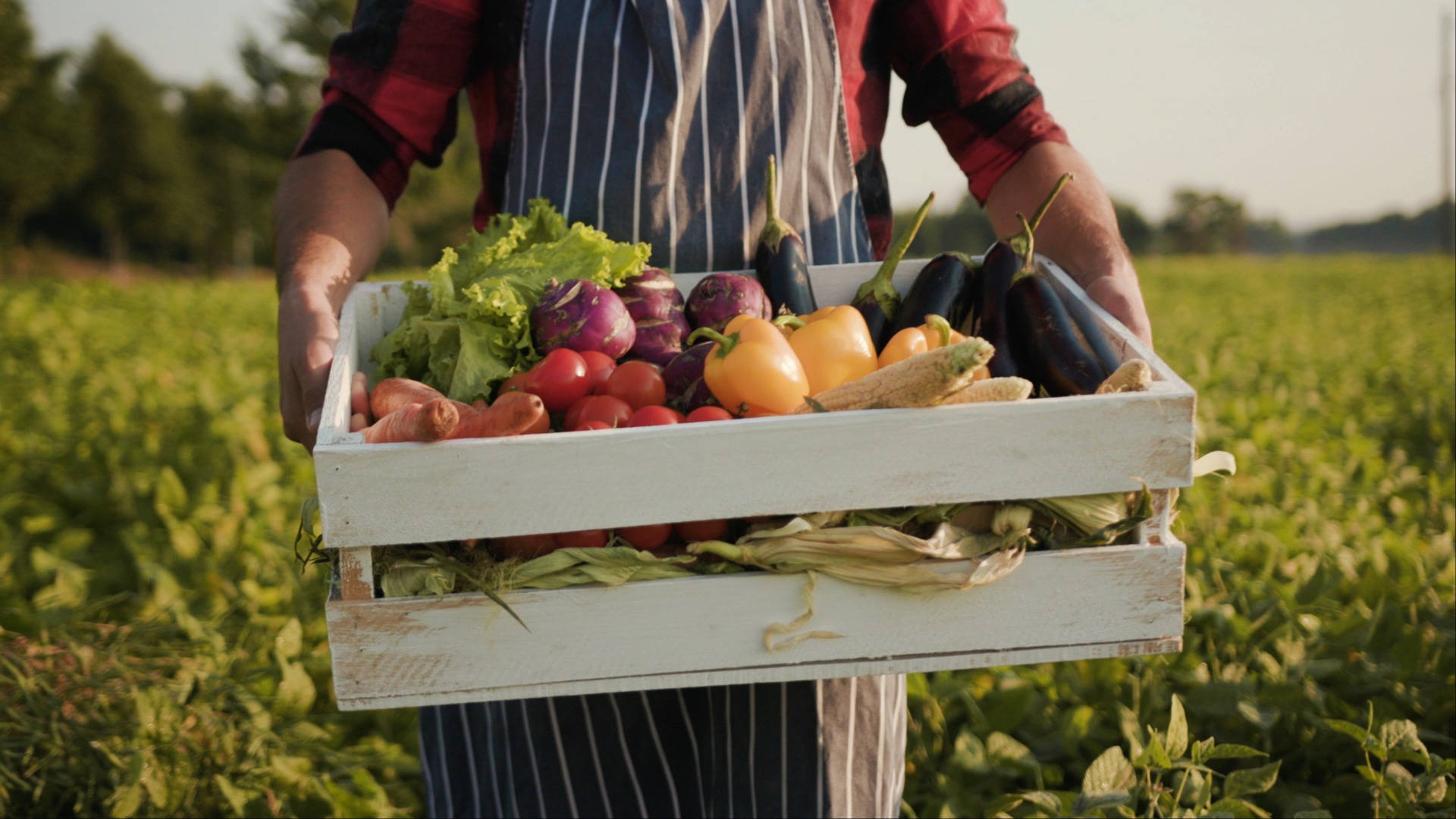

Photo Credit: "© [america_stock] / Adobe Stock
Over the past years, there’s been a lot of fear-mongering and a rise in consumers’ desire for organic products. Part of it is justified. In a world that’s becoming evermore polluted with plastics, harmful pesticides, herbicides, and other unregulated toxins, choosing organic products is a smart move. And so, the word “organic” began trending among the health and wellness community.
Unfortunately, many brands have taken advantage of the organic-panic and used it to draw in consumers under the illusion that their product is entirely organic.
How can a product be organic and non-organic at the same time?
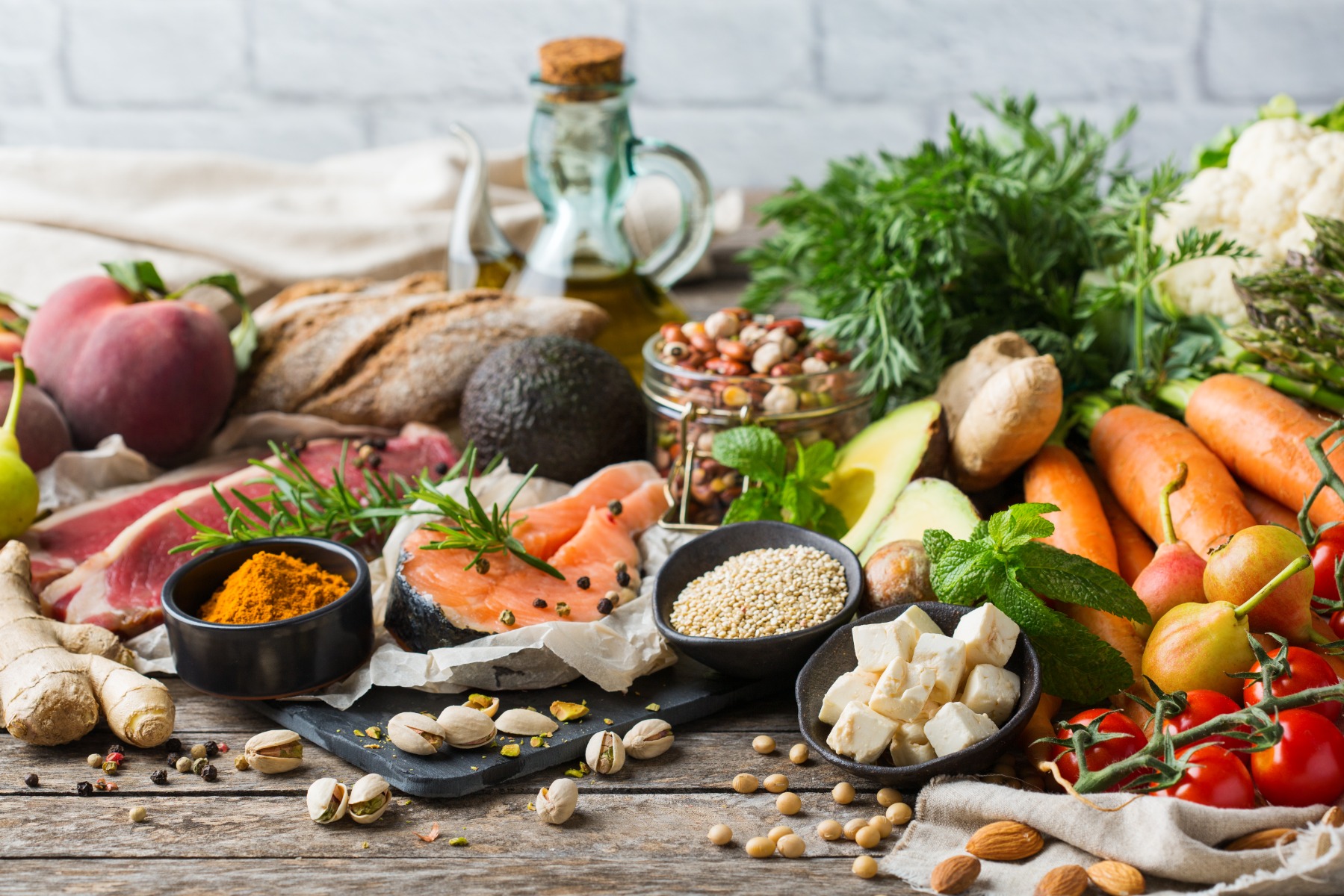

Photo Credit: "© [aamulya] / Adobe Stock
You pick up a bag of mixed nuts in the store that says “organic” on the packet. You eat them feeling safe knowing that they’re totally toxin-free. However, what you don’t know is which part of the product is organic.
Upon further inspection, you uncover the walnuts are completely organic, but the almonds, cashews, and pumpkin seeds are not. This can feel like the company tricked you, because you're not eating the wholly organic produce you paid for. So, why do they do it?
Companies often use buzzwords like “organic” as a marketing tactic, because technically something about the product is organic, just not the whole thing. This can also be the case with “biodegradable.” Perhaps the box is biodegradable, but the packaging inside is not. You get the picture.
Fortunately, new regulations are coming in to prevent companies from creating half-truths and misleading the consumer. But it’s still smart to understand what you’re buying and putting in your body.
How do you know if organic food is really organic?
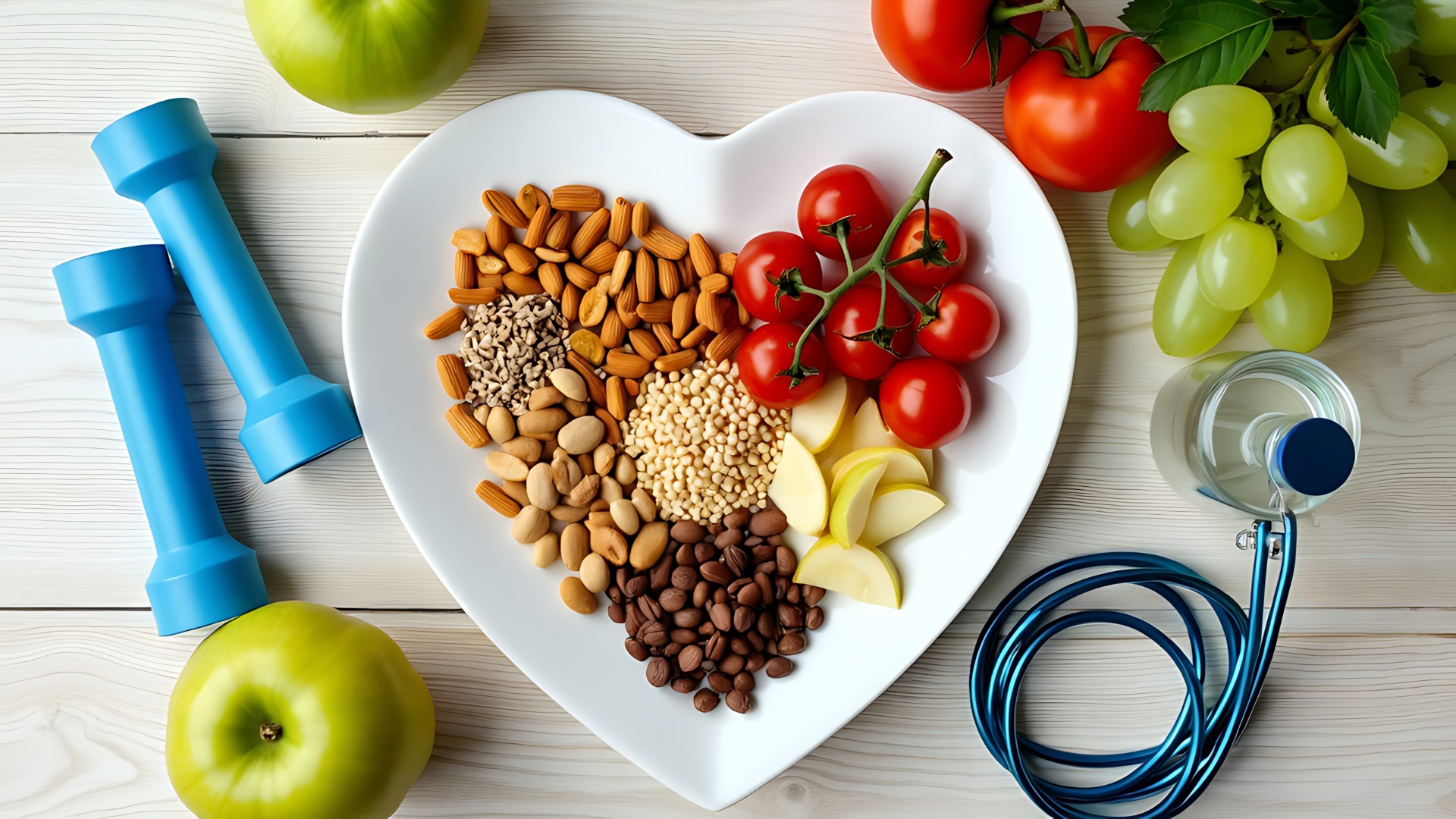

Photo Credit: "© [Din Nasahrudin] / Adobe Stock
Instead of picking up a product because it claims it’s organic, look for an organic-certified logo. This is when the company or product abides by a set of legal requirements to be organically certified, including packaging, storing, sales, livestock production, GMO, and additives.
Organic certification regulations in the UK include:
- Registering with an approved organic control body
- Solely using organic farming
- Soil fertility upkeep
- Using organic methods to regulate pests, weeds, and diseases
- Processing foods with approved products and substances
- Allowing random and annual inspections
- Adhering to guidelines set by national and international law
- Keeping records of the production process
Is non-organic food bad?
We don’t want you to worry about non-organic food. However, there are some things you should know about organic and non-organic practices.
Non-organic food may contain antibiotics
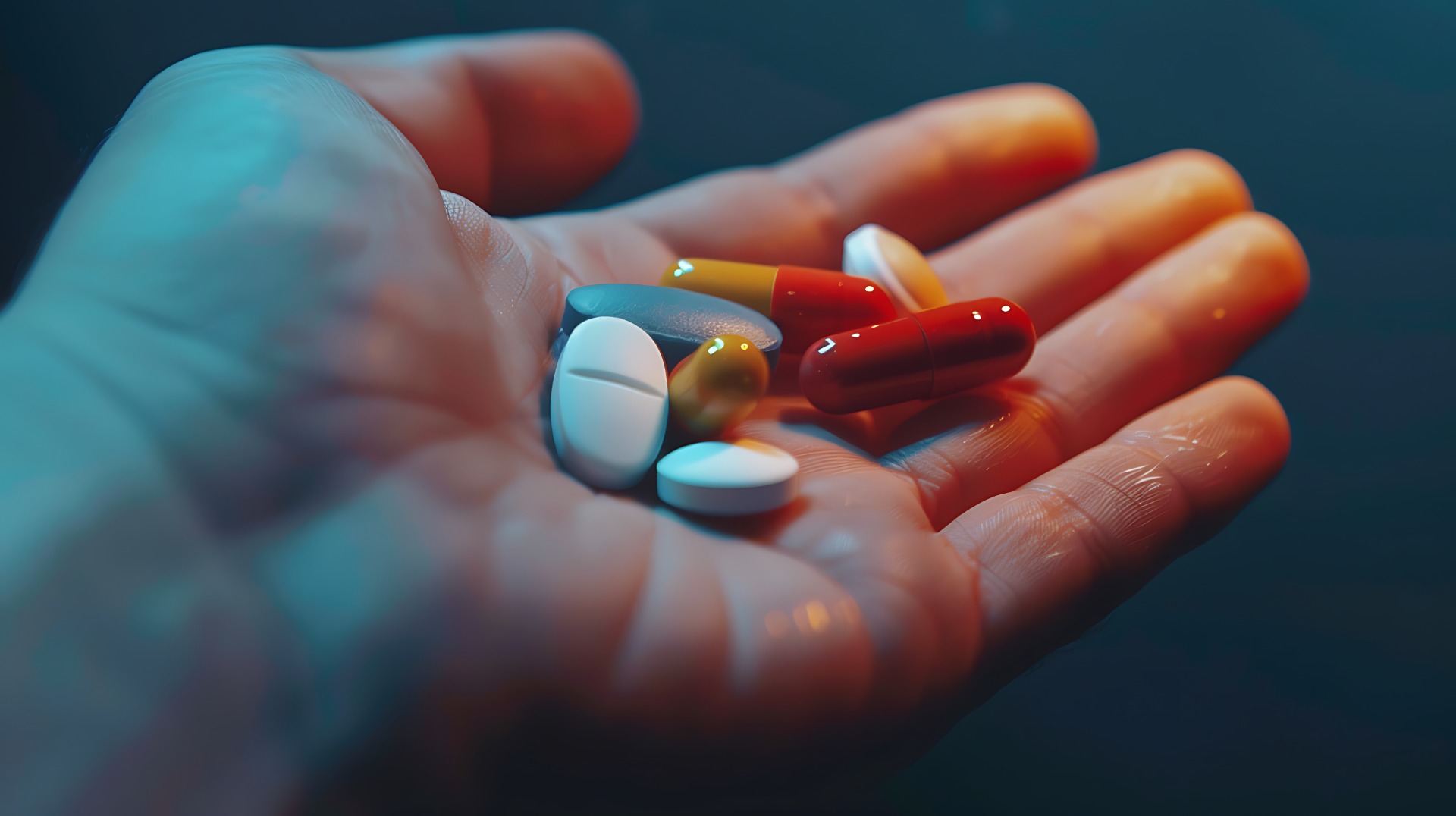

Photo Credit: "© [Scott] / Adobe Stock
Antibiotics treat and prevent infection, illness, and disease in animals, which ensures a higher amount of produce. Low doses of antibiotics in animal food also increase the animal’s growth and dairy production, so the companies have more to sell for less.
However, eating foods containing antibiotics can be harmful to humans because it may cause resistance to antibiotics. That means if you get an infection and receive a prescription for antibiotics, they won’t work as effectively. Regular consumption of antibiotics may also impact liver and kidney function and lower your immune system.
Non-organic foods may be less nutrient dense
Manufacturers can make non-organic foods artificially bigger, so it looks like you’re getting more bang for your buck. However, they often pump foods with water to increase their size, which lowers their nutrient density.
Farmers also grow foods, such as vegetables, to look aesthetically pleasing. For instance, a perfectly shaped red pepper. However, this process can cause a loss in nutrients and you won’t get the vitamins and minerals your body needs.
Non-organic foods may be grown with artificial fertilisers
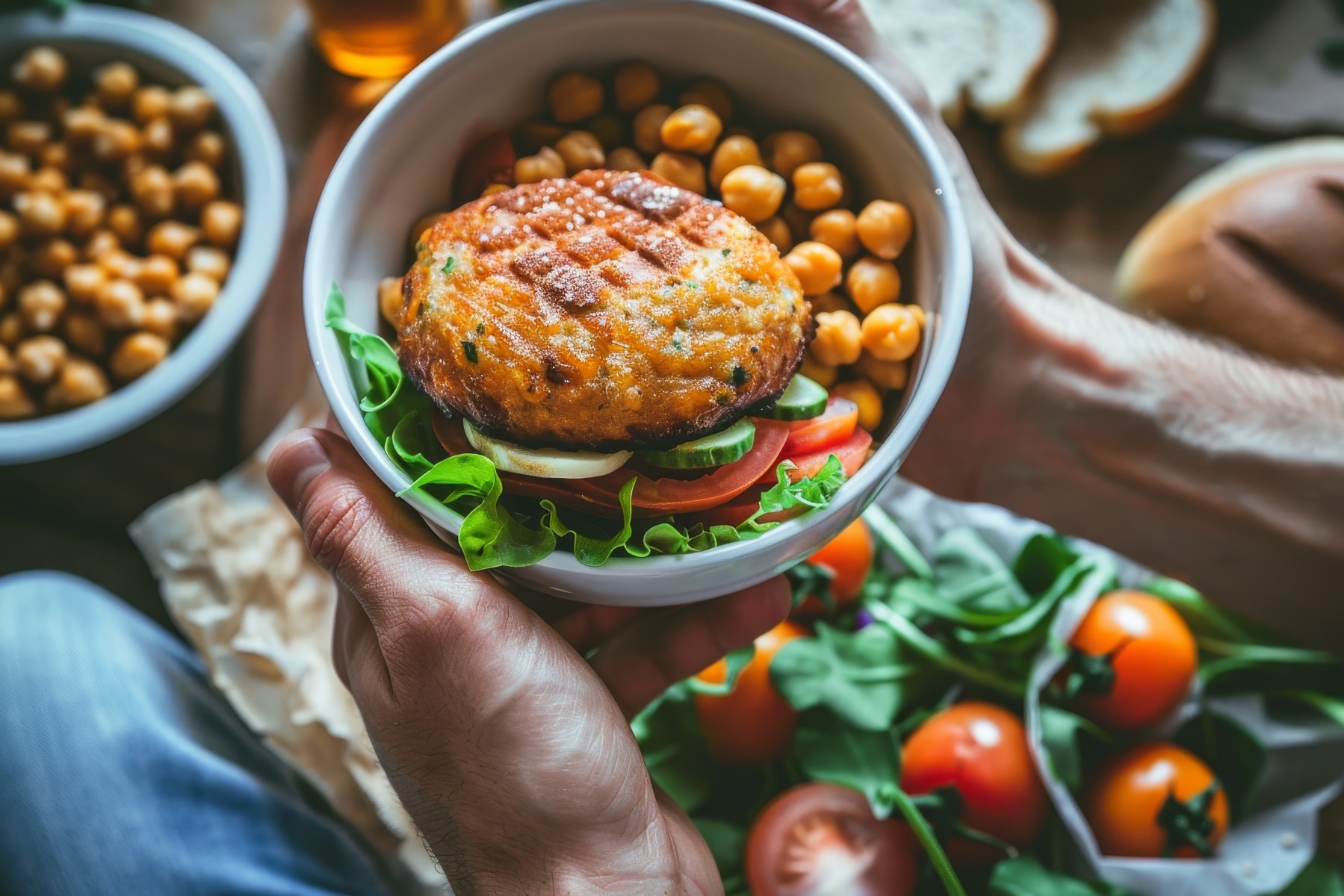

Photo Credit: "© [VolumeThings] / Adobe Stock
Artificial or synthetic fertilisers are man made and have the vitamins and minerals that food needs to grow. But the chemicals they contain might disrupt hormones in the human body and trigger health issues.
Organic food FAQs
Now you know what counts as organic let’s look at some FAQs and misconceptions around organic food:
Does organic mean vegan?
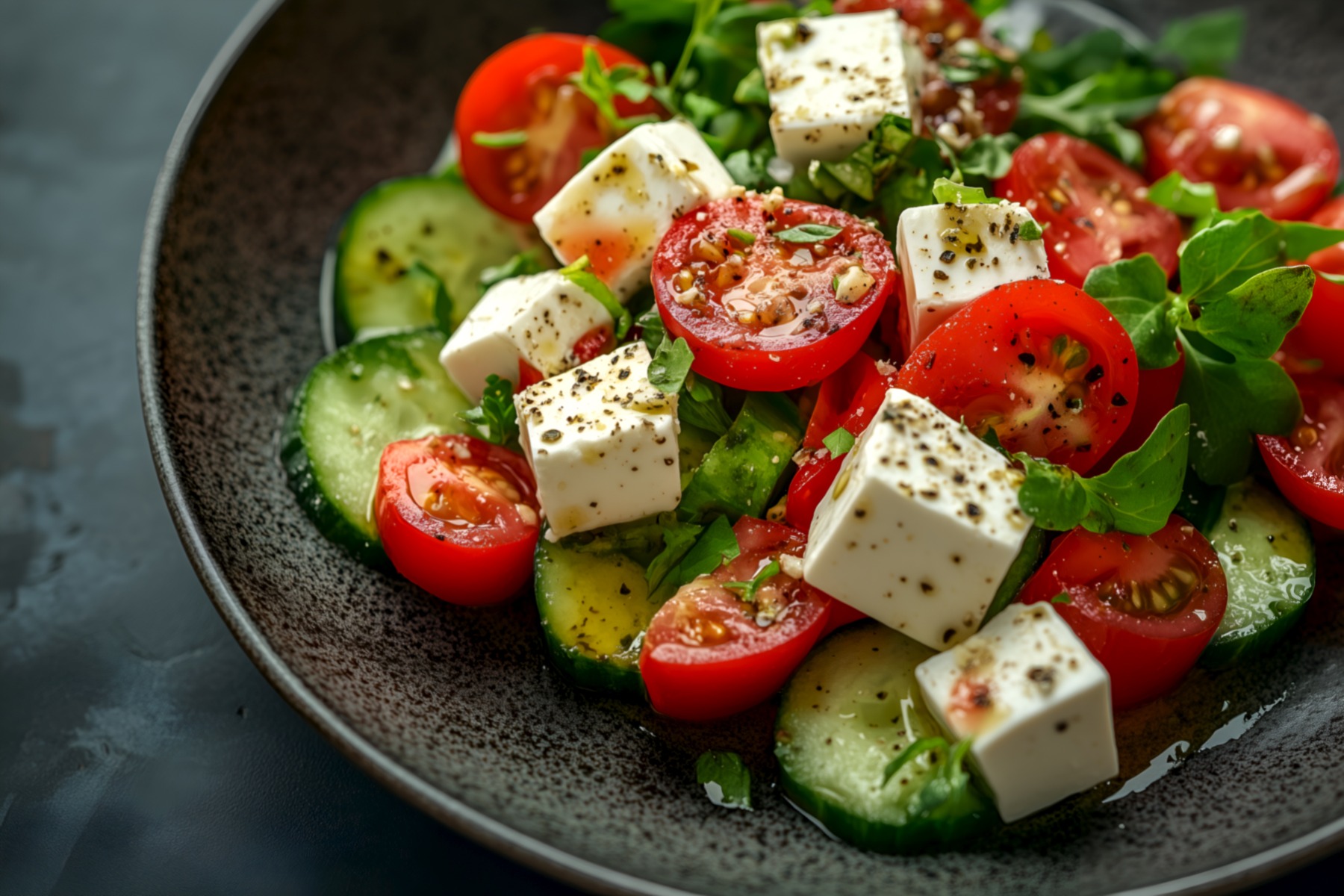

Photo Credit: "© [V-anila] / Adobe Stock
No, organic does not mean vegan. Vegan is when something is free from animal produce, such as meat, eggs, honey, and cheese. You can find a combination of vegan, organic, non-vegan, and non-organic foods, for example:
- Organic and vegan
- Non-organic and vegan
- Organic and non-vegan
- Non-organic and non-vegan
Can meat be organic?
Contrary to popular belief, it is not just plant-based foods that can be organic. Meat may also be organic as long as it meets specific regulations and standards. These include animals bred on organic land with access to pasture, organic feed, and free-from antibiotics and growth hormones.
Can dairy be organic?
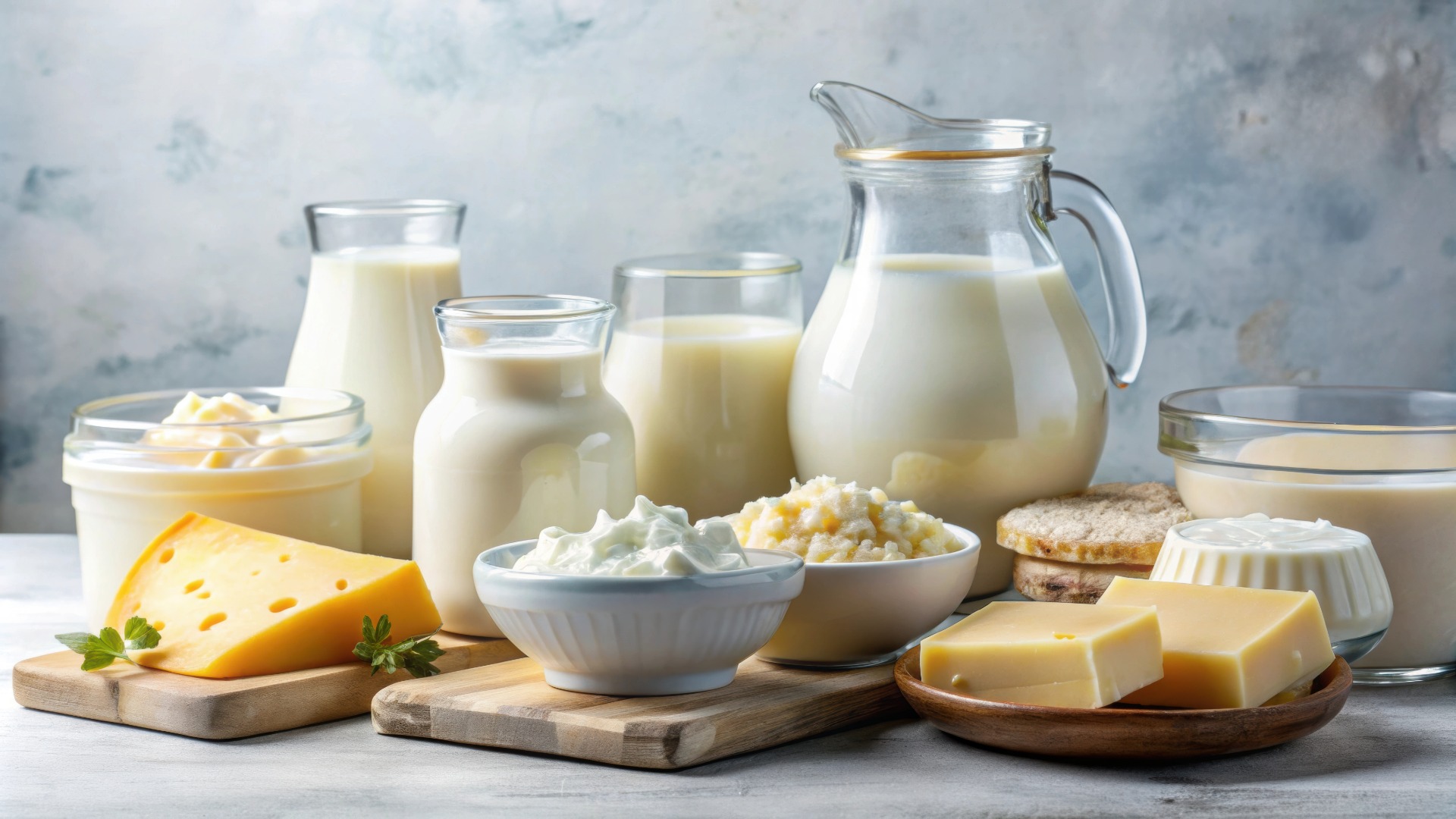

Photo Credit: "© [Sujid] / Adobe Stock
Yes, dairy can be organic as long as it adheres to organic practices. For example, dairy products must be free from synthetic fertilisers, antibiotics, and pesticides. Companies must also consider animal welfare, which incorporates an animal's access to pasture and no antibiotics, growth, or reproductive hormones.
Why is organic more expensive than non-organic?
Organic food is more expensive than non-organic food because companies must follow specific standards. These include natural fertilisers and more space for animals to roam, non-GMO and pesticide-free. This creates a smaller yield of produce to sell. Companies also have to pay for and maintain their organic certification.
What are the most important organic foods you need to eat?
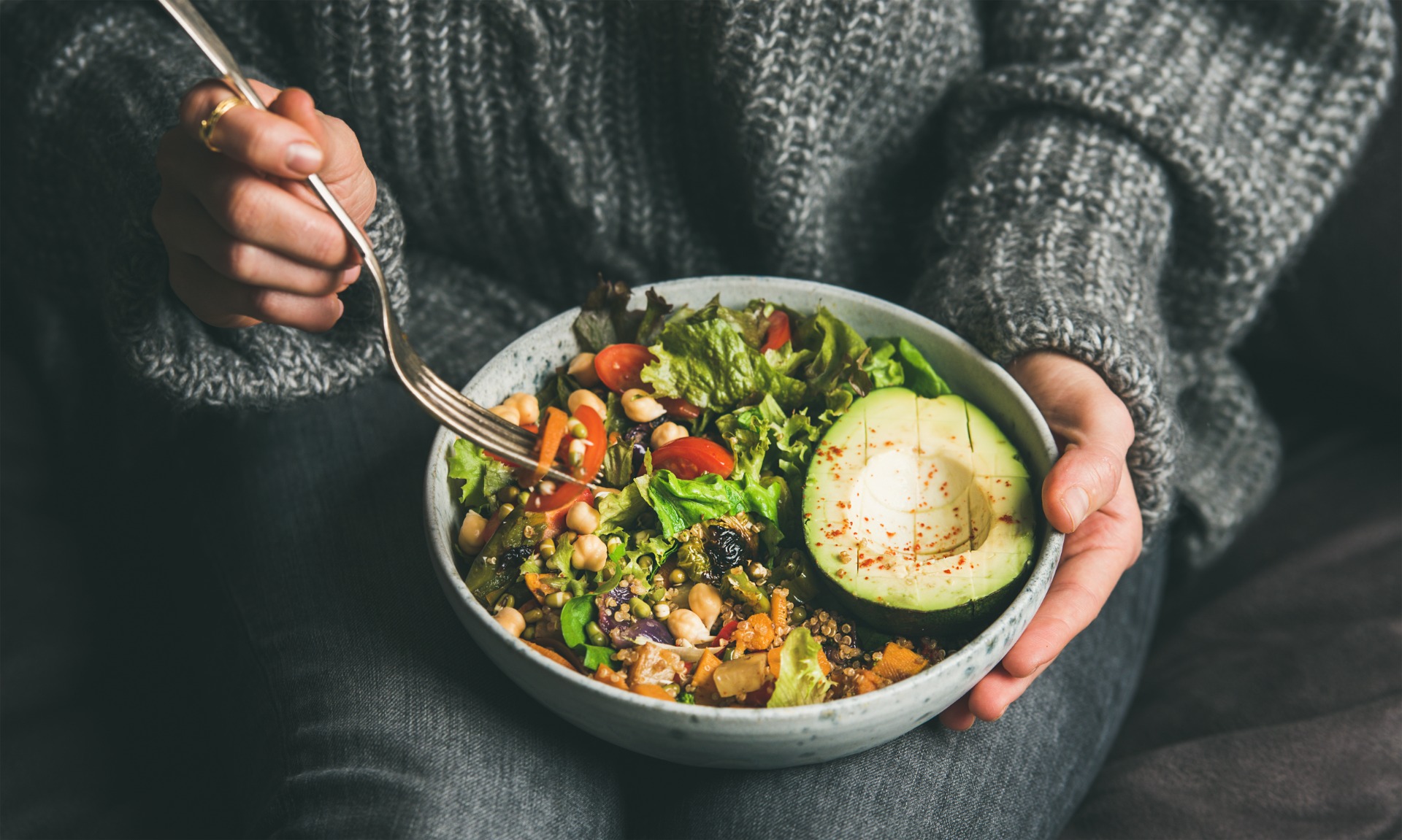

Photo Credit: "© [sonyakamoz] / Adobe Stock
There is no best organic food. The important thing is to choose organic food when and where you can. For example, organic meat and dairy may be your preference or you might always choose organic fruit and veg. Neither is better than the other.
Get organic-certified food with Grape Tree
Grape Tree is proud to say that we're organically certified. So you can eat well knowing that you and your family are nourishing your bodies with the organic food you deserve.
